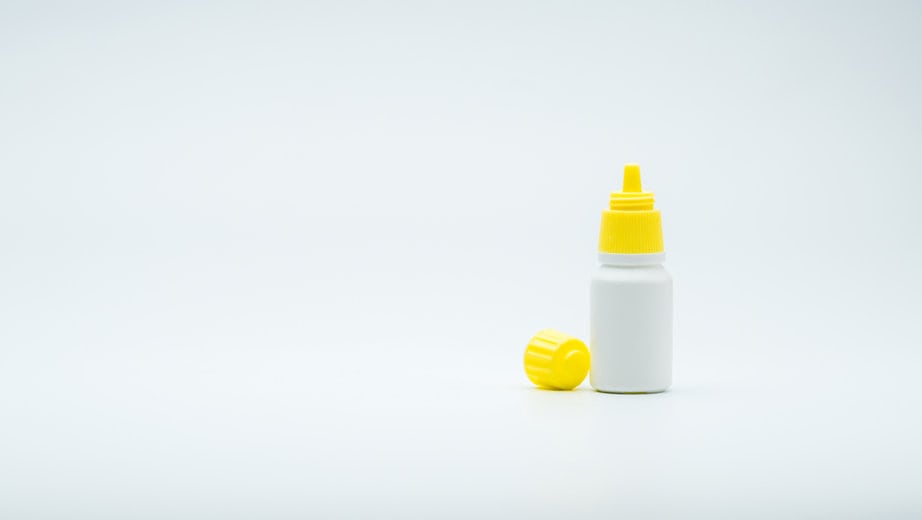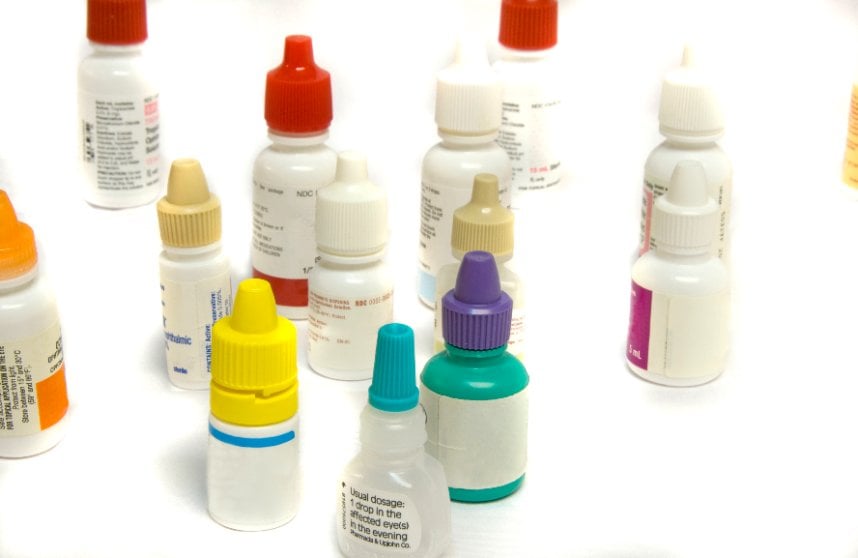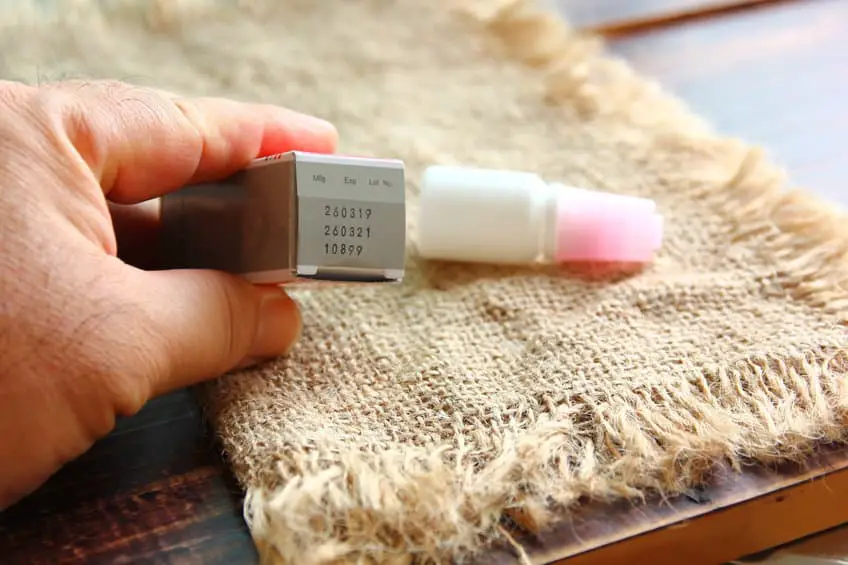
Everyone has a time when they’ve had to use eye drops: your eyes are chronically dry, you have an eye infection, you use contacts. At some point in your life, you’re going to have eye drops you haven’t used up before they expire. What do you do with them then?
Use a drug take-back program. If a drug take-back program isn’t available, mix the leftover eye drops with other unappealing substances, like coffee grounds or cat litter. Put it all in a sealable container or plastic bag and throw it away somewhere kids and pets can’t get to it.
Here’s a little more information about your expired eye drops and how you can dispose of them.
Proper Disposal

Drug take-back programs are going to be the best way to dispose of eye drops.
It might be the best way, but there might not always be a location nearby. The next best way to dispose of your eye drops is to mix them with some inedible material: dirt, coffee grounds, cat litter. Organic materials that can absorb or absorb liquids–rotten food, for example–will work for this. You want to discourage people from ingesting the mixture. If you just leave your eye drops–in this case the bottle of eye drops–in the open wastebasket, there’s the possibility of a child or pet accidentally ingesting it.
After you’ve mixed your eye drops into an inedible material, put it in a container that you can close. A sealable plastic bag is a good idea. Again, this is to make sure that no one accidentally ingests it, but it also guarantees that your eye drops won’t leak onto any other materials in the garbage and possibly harm the environment, wild animals, and any other beings who might root around in the trash.
The last step is to throw it–container and mixture–away. People typically have waste baskets in their houses in various rooms. It’s a good idea to make sure this ends up right off the bat in the trash cans the garbage collectors in your area pick up and empty out. Again, it’s another cautious, safe step, but better safe than sorry.
Why Can’t I Just Throw Them Away?
Most eye drops are made up of specific chemicals health professionals have determined are the best way to treat whatever eye condition you have, including over-the-counter eye drops. They’re intended for specified use and often can be harmful to those they aren’t prescribed for or in situations they aren’t meant to be taken in. Expired medicine, as discussed below, isn’t safe for consumption any longer.
Keeping eye drops around once it’s no longer necessary heightens the risk that it’ll be accidentally taken by a child or pet, intentionally misused, or taken unsafely after its expiration date by whomever it was prescribed to. Properly disposing of them instead of chucking them in your bathroom trash prevents someone from accidentally or intentionally taking them back out, and keeps them from getting taken from your garbage cans.
Beyond that improper disposal of medicines can have a negative effect on the environment. If not correctly disposed of, there’s the chance that your eye drops might end up contaminating water supplies or harming local wildlife.
Expiration Dates
Eye drops have expiration dates to ensure they remain effective and uncontaminated during use, as long as they’re used and stored correctly. The prescription information label on your eye drops will tell you if there’s specified storage and care, some might need to be refrigerated and some can be kept at room temperature; with proper use and storage, your eye drops will be effective until the expiration date.
Some eye drops have preservatives in them–safe for human use–in order to prevent bacteria, fungi, and viruses from growing once the sterile seal of the bottle has been broken. Those preservatives last until the expiration date; after that, there’s no guarantee your eye drops aren’t contaminated with something that could make your condition worse.
That same label that tells you the storage and care will also say whether or not the eye drops needs to be disposed of after a certain amount of time. Once the sterile seal is broken, there’s the opportunity for contamination. Some eye drops will be preservative-free and, therefore, time-sensitive–using them within the expiration date, even if it’s just 24 hours, is essential. Others will have their expiration date change once the bottle is open. If that’s the case, the prescription information will give both a before and after opening expiration date.
No matter what, make sure you follow the proper use and storage of your eye drops: don’t touch the tip to your eye, refrigerate if necessary, and wash your hands before you use it. The expiration date is only accurate if instructions are followed. If you’re worried your eye drops aren’t safe anymore before they expire, dispose of them and get a new bottle.

What Should I do with the Bottle?
Whether you get your eye drops as a prescription or over-the-counter at your local pharmacy, there’s going to be both a bottle and the box the bottle came in. Once they’re empty–and before you even think of throwing them away–remove any labels, stickers, or packets that might have any personal information on them. Then check the bottle and box for any symbols that would mark it for recycling.
Sometimes things we think are recyclable actually aren’t, or we put one recyclable in an improper receptacle, so find its recycling symbol and figure out where it should go. Rinse the bottle out so any residual eye drops aren’t left behind, then dispose of the bottle and box. If your bottle isn’t recyclable and you don’t want to throw it away, look for ways to epicycle them instead.
Personal Information
While losing the personal information included on your prescriptions isn’t going to be harmful as losing your social security card or birth certificate, it still has information about you that should remain private, even something as inconsequential as you get pink eye. Make sure you remove the labels and papers included in your prescription that contain your information so you can shred or otherwise destroy them later. If you don’t want that added responsibility, make sure you cross out your name, at the very least, and any other personal information you deem sensitive or important using a pen or permanent marker before you dispose of the bottle and box your eye drops came in (there will likely be a label on both).
Related Topics:
If you like the article above, here are some other similar articles you should check out!
What Should I Do with Expired Essential Oils
